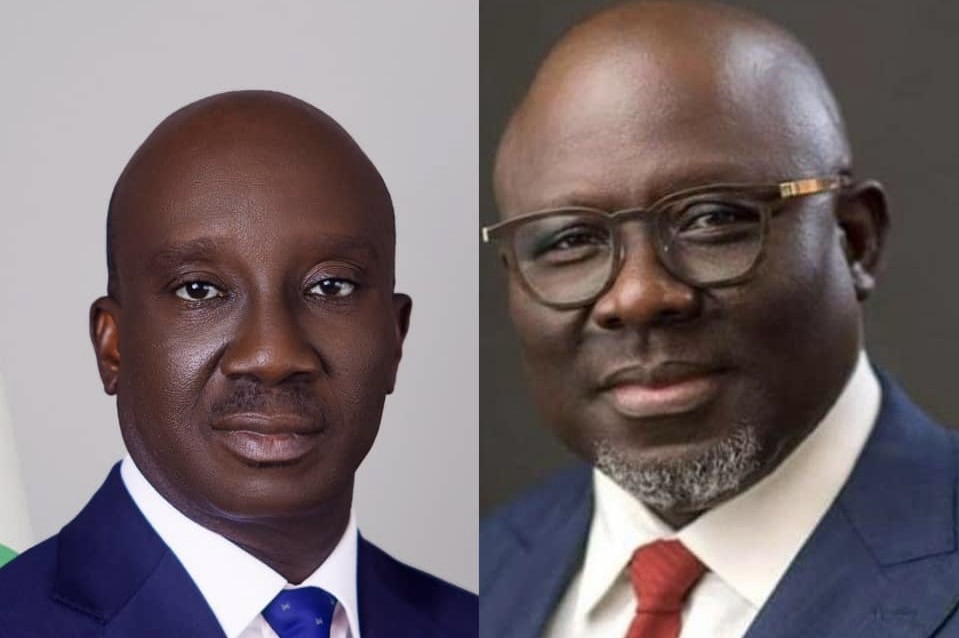Africa’s largest economy, Nigeria, and the largest economy in the European Union, Germany, have resolved to make the bilateral economic ties between the two nations stronger in the areas of sustainable economic development, training and employment, transformation of agri-food systems, climate, energy and population policy.
The agreement extends to peacebuilding and conflict prevention, among others and is aimed at sustaining the robust partnership between both countries.
Folasade Boriowo, director of information at the ministry, disclosed this when Senator Abubakar Bagudu, the Honourable Minister for Budget and Economic Planning, hosted the German Minister for Economic Cooperation and Development, Svenja Schulze, in Abuja, the Federal Capital Territory (FCT), Tuesday.
Germany is one of the top export destinations in Europe for Nigerian products and the country also imports quite a number of products from Germany. According to trade data from the National Bureau of Statistics (NBS), Nigeria exported N415.06 billion worth of goods to Germany in 2019; N116.89 billion in 2020; N330.70 billion in 2021; N340.72 billion in 2022, and N348.59 billion from January to September 2023, accounting for between 2.90 percent and 5.45 percent of Nigeria’s total exports to the European Union in those years.
In terms of imports, Nigeria imported N521.54 billion worth of goods from Germany in 2019; N395.30 billion in 2020; N509.76 billion in 2021; N505.73 billion in 2022, and N449.19 billion from January to September 2023, accounting for between 4.9 percent and 10.3 percent of Nigeria’s total imports from the EU in those years.
“Bagudu emphasised some key areas of collaboration: sustainable economic development, training and employment, transformation of agri-food systems, climate, and energy, health, social protection, population policy, as well as peacebuilding and conflict prevention. He further stated both nations will review and exchange views on future bilateral cooperation during their annual consultation.
“The Honourable Minister for Budget and Economic Planning, Sen. Abubakar Atiku Bagudu, looks forward to productive discussions that will further strengthen the ties between Nigeria and Germany, contributing to the mutual prosperity of both nations,” Boriowo said.
Svenja Schulze said that Germany is committed to supporting Nigeria’s economic growth, just as her country is willing to allocate resources to enhance Nigeria’s quest for development through the Development Cooperation Partnership.
It will be recalled that the Development Cooperation Partnership between Nigeria and Germany dates back to 1974 when the Technical Cooperation Agreement was signed.
And in order to make the technical agreement accommodate the changes that have taken place in the two countries in over four decades, in August 2023, the Federal Ministry of Budget and Economic Planning reiterated the need to review the Nigeria-Germany Technical Cooperation Agreement, a suggestion which was accepted by the German government.
With the Russian-Ukrainian conflict clocking its second year, Nigeria’s huge proven gas reserves, estimated at about 202 trillion cubic feet, stand to play a significant role in boosting economic growth in Germany, which is affected by the effect the conflict has had on energy trade within the EU.
According to Reuters, the German economy is expected to grow by 0.3 percent in 2024, a slight improvement over the negative 0.3 percent contraction the country recorded in 2023 due to high inflation, energy prices and weak foreign demand, according to the Germany’s Federal Statistics Office.


